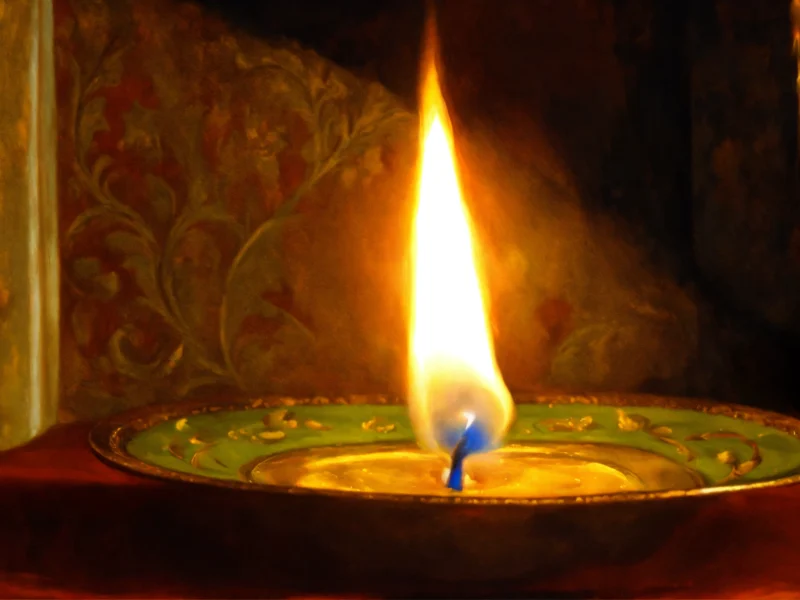Comparative Analysis of Ancestral Observances in Different Cultures in pitru paksha
Ancestral observances, which are akin to Pitru Paksha in Hinduism, exist in various cultures around the world. These observances highlight the universal theme of honoring and remembering one’s ancestors. While the specific customs and rituals may vary, there are some common threads that can be found in ancestral observances across different cultures. Here’s a comparative analysis of ancestral observances in various cultures:
- Pitru Paksha in Hinduism:
- Pitru Paksha is a two-week period in Hinduism dedicated to performing rituals for deceased ancestors.
- It involves offerings of food, water, and prayers to the departed souls, seeking their blessings and liberation.
- Hindus believe that by performing these rituals, they can resolve ancestral karma and ensure the well-being of their ancestors in the afterlife.
- Qingming Festival (Tomb-Sweeping Day) in China:
- The Qingming Festival, also known as Tomb-Sweeping Day, is an occasion for Chinese families to visit the graves of their ancestors.
- Families clean and decorate the graves, offer food, burn incense, and make offerings to honor their ancestors’ spirits.
- This observance fosters a sense of familial piety and filial devotion, similar to the respect for ancestors in Hinduism.
- Obon Festival in Japan:
- Obon is a Japanese Buddhist festival dedicated to honoring the spirits of deceased ancestors.
- Families light lanterns to guide the spirits back to the earthly realm, visit ancestral graves, and make offerings of food and incense.
- Obon reflects the belief that the spirits of ancestors return to visit their families during this time, emphasizing the continuity of familial bonds.
- Day of the Dead (Dia de los Muertos) in Mexico:
- The Day of the Dead is a Mexican holiday celebrated to honor deceased loved ones.
- Families create ofrendas (altars) adorned with photographs, favorite foods, and mementos of the departed. They also visit cemeteries to clean and decorate graves.
- This observance combines indigenous Mexican traditions with Catholicism, emphasizing the remembrance and celebration of deceased ancestors.
- All Saints’ Day and All Souls’ Day in Christianity:
- All Saints’ Day and All Souls’ Day are Christian observances to remember and pray for deceased saints and all souls in purgatory.
- Families attend church services, light candles, and offer prayers for the souls of their departed loved ones.
- While the focus is on Christian religious beliefs, the act of remembering and praying for the deceased aligns with the concept of ancestral reverence.
- Chuseok in Korea:
- Chuseok is a Korean harvest festival that includes ancestral rituals called “Charye.”
- Families hold Charye ceremonies at home, offering food and ancestral rites to honor their forebears.
- Chuseok highlights the connection between ancestral heritage, agriculture, and family unity.
- Samhain in Celtic and Neopagan Traditions:
- Samhain is a Celtic festival that marks the end of the harvest season and the beginning of winter.
- It is believed to be a time when the veil between the living and the dead is thin, allowing for communication with ancestors.
- People light bonfires, set places at their tables for departed loved ones, and perform divination rituals.
Ancestral observances across different cultures share common themes of remembrance, respect, and the belief in the continued presence and influence of deceased ancestors. These rituals and festivals serve as a means to strengthen family bonds, seek blessings, and acknowledge the enduring connection between the living and their forebears. While the specific customs may vary, the underlying principles of ancestral reverence are universal and profound.


